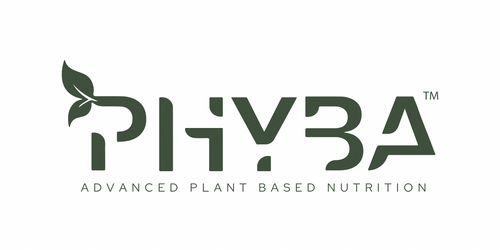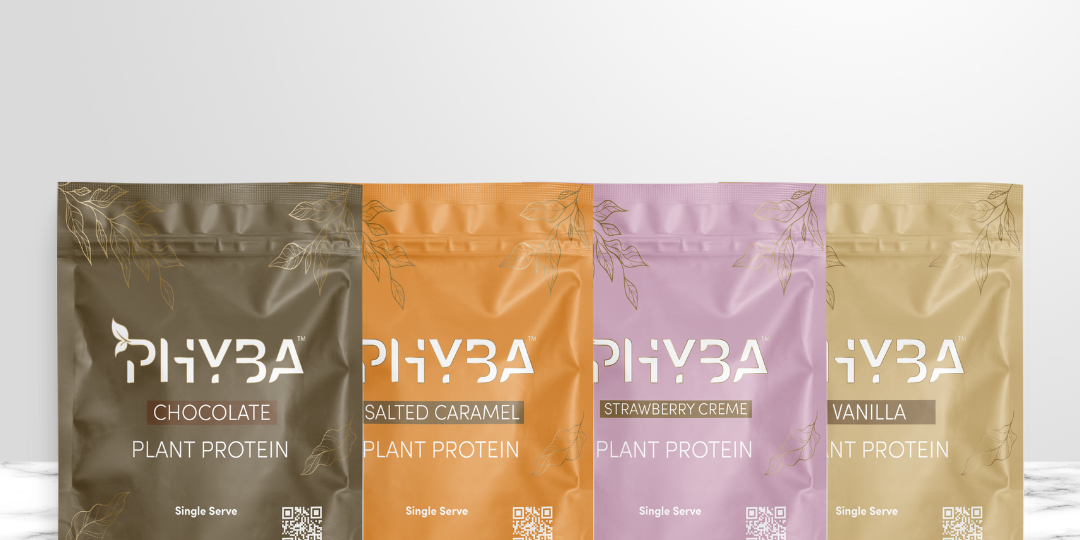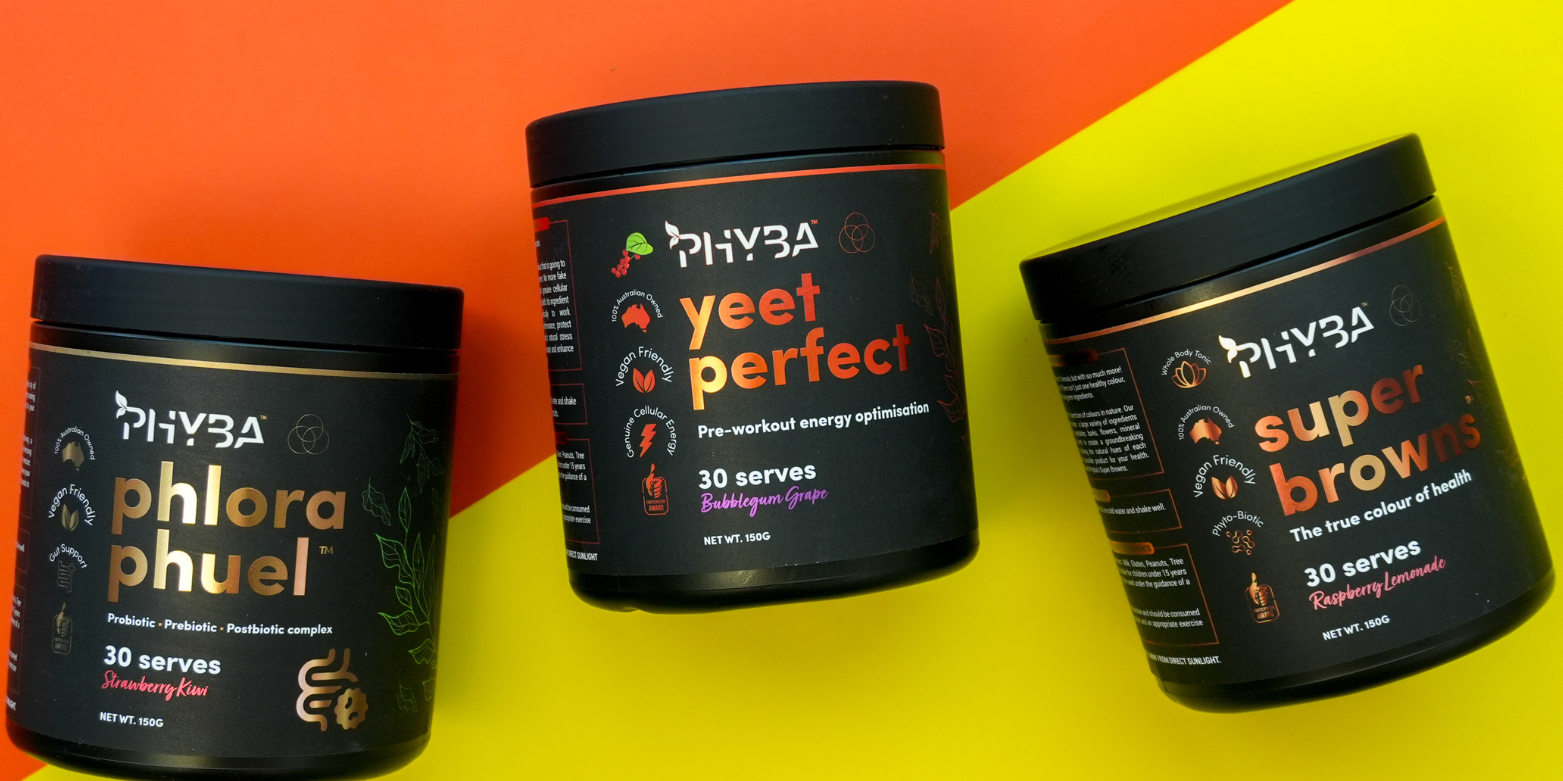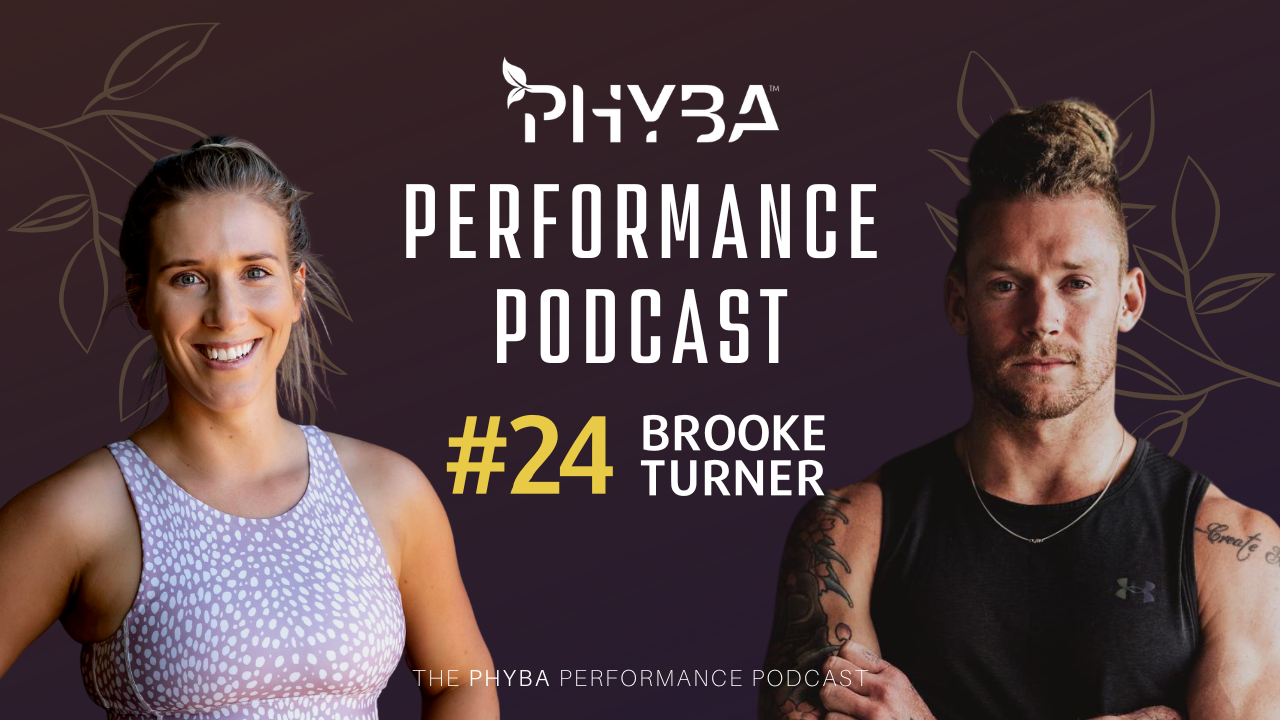Episode Summary:
In this episode, James Newbury and Dr. Alan Desmond discuss all things plant-based nutrition and the function of the gut microbiome.
Dr. Desmond is a world-class expert in gastroenterology, microbiome research, and plant-based living, whose insight into the incredible role of nutrition in the support of gut microbial diversity illuminates a scientifically-driven approach to longevity and performance.
The topics that Dr. Desmond addresses include gut barrier integrity, gastrointestinal inflammation, akkermansia, dietary fiber, anti-cancer effects of plant-based diets, how to switch to a plant-based diet, and a whole lot more!
If you’re keen to learn about the efficacy of plant-based living in supporting your quest for optimal health, dive in to this episode to learn more!
To explore Dr. Desmond’s educational platforms, check out the links below:
Instagram: https://www.instagram.com/dr.alandesmond/
Website: https://www.alandesmond.com/
Episode Timestamp:
0:00 to 4:15: Podcast Intro
4:15 to 6:15: Dr. Desmond’s Professional Background
6:15 to 8:00: Role of Gut Microbiome in Overall Health and Performance
8:00 to 17:00: Mechanisms of Gut Barrier Integrity, Gut Hyper-Permeability, Western Dietary Influence on Gut Inflammation
17:00 to 26:30: Akkermansia + Leaky Gut, Mucosal Integrity, Microbial Evolution, Postbiotics
26:30 to 33:00: Impact of Dietary Choice on Microbiology, Lack of Fiber in Western Diet, What Happens When You Eat A Hamburger
33:00 to 41:00: Microbial Response to Whole Foods, Anti-Cancer + Anti-Inflammatory Impact of Whole Foods, Colorectal Cancer
41:00 to 46:00: Growth of Specific Microbes, Resilience of Gut Microbiome, Evolution of Gut Microbes With Varying Dietary Inputs
46:00 to 52:30: Circadian Rhythm and Microbial Well-Being, Exercise + Microbial Diversity, Fermented Foods and Gut Function
52:30 to 58:30: Meta-Analyses of Gut Function + Plant-Based Diets
58:30 to 1:01:30: James’ Approach to Optimal Performance Through Diet
1:01:30 to 1:05:30: Conscious Competency, Adopting A Plant-Based Lifestyle
1:05:30 to 1:15:00: Shifting From Western Diet To Plant-Based Diet
Guest Bio:
James Newbury: James Newbury is world-class athlete and entrepreneur. James’ extensive experience as a 4X Crossfit Games Athlete, former semi professional rugby player for the Queensland and Sydney Rugby Leagues, and life-long fitness enthusiast have brought him here to lead a plant-based revolution in the field of health and performance… as the founder of Phyba!
Alan Desmond: As a doctor specialising in gut health problems, Dr. Desmond made evidence-based dietary advice an essential part of his clinical practice. The results he has seen in his gastroenterology clinic have led him to become dedicated a dedicated advocate for the gut health benefits, and overall health benefits, of a whole-food plant-based approach to nutrition.
He has presented at numerous international conferences alongside renowned plant-based advocates such as Dr Michael Greger, Dr Michael Klaper, Dietician Brenda Davis, Dr Kim Williams, and Dr Neal Barnard. He is an Ambassador for Plant-Based Health Professionals UK, a not-for-profit group which educates the public, health professionals, and policy makers on the incredible health benefits of a plant-based diet.
Certified in both Gastroenterology and General Internal Medicine, he has completed his specialist training in Ireland and Oxford. He has a specialist interest in the role of diet in the prevention and treatment of digestive diseases. A member of the Royal College of Physicians of Ireland, and a fellow of the Royal College of Physicians, London, he has published several influential research papers in the field of Inflammatory Bowel Disease. Originally from County Cork in Ireland, he now lives with my family in Devon, UK and work as a full-time NHS Consultant.
Key Definitions:
Gut Microbiome:Gut microbiota, gut microbiome, or gut flora, are the microorganisms, including bacteria, archaea, fungi, and viruses, that live in the digestive tracts of animals.
Gut Barrier:
The gut vascular barrier regulates the translocation of intestinal content, such as bacteria, other microorganisms, toxins, proteins, bacterial metabolites, cytokines, and immune and inflammatory cells, into the systemic circulation and, in turn, into organs far from the intestine.
Prostaglandins:
Prostaglandins are a group of physiologically active lipid compounds called eicosanoids having diverse hormone-like effects in animals. Prostaglandins have been found in almost every tissue in humans and other animals.
Akkermansia:
Akkermansia muciniphila is a “cross feeder” probiotic. It consumes mucins and turns them into short-chain fatty acids, which are used to fuel other strains of healthy bacteria. The presence of Akkermansia muciniphila is associated with low inflammation, insulin regulation, and reduced symptoms of chronic illness.
Bile Acids:
Bile acids, the major components of the bile fluid, play a significant role in lipid metabolism. After formation in the liver and storage in the gall bladder, the bile is secreted in the duodenum. Due to their chemical structure, all bile acids tend to form micelles and serve as natural detergents. In addition, bile acids are co-factors of pancreatic lipases and are pivotal for the digestion and absorption of fats and fat-soluble vitamins.
Lipopolysaccharides (LPS) are important outer membrane components of gram-negative bacteria. They are large amphipathic glycoconjugates that typically consist of a lipid domain (hydrophobic) attached to a core oligosaccharide and a distal polysaccharide.
Short-Chain Fatty Acids:
SCFAs are a subset of fatty acids that are produced by the gut microbiota during the fermentation of partially and nondigestible polysaccharides. The highest levels of SCFAs are found in the proximal colon, where they are used locally by enterocytes or transported across the gut epithelium into the bloodstream.
Postbiotic:
This term refers to the waste left behind after your body digests both prebiotics and probiotics. Healthy postbiotics include nutrients such as vitamins B and K, amino acids, and substances called antimicrobial peptides that help to slow down the growth of harmful bacteria.
Dysbiosis:
Dysbiosis is often defined as an “imbalance” in the gut microbial community that is associated with disease. This imbalance could be due to the gain or loss of community members or changes in relative abundance of microbes.
At Phyba, we're on a mission to help people achieve peak performance and optimal results through the power of plants. We're dedicated to providing pure, high-quality supplements made from real-food, plant-based ingredients, without harmful additives or artificial fillers. We believe that by harnessing the power of plants, we can unlock human potential and help individuals achieve their goals naturally. Our goal is to inspire and educate individuals on the benefits of a holistic lifestyle that prioritises self-care, nourishment, and sustainability.












